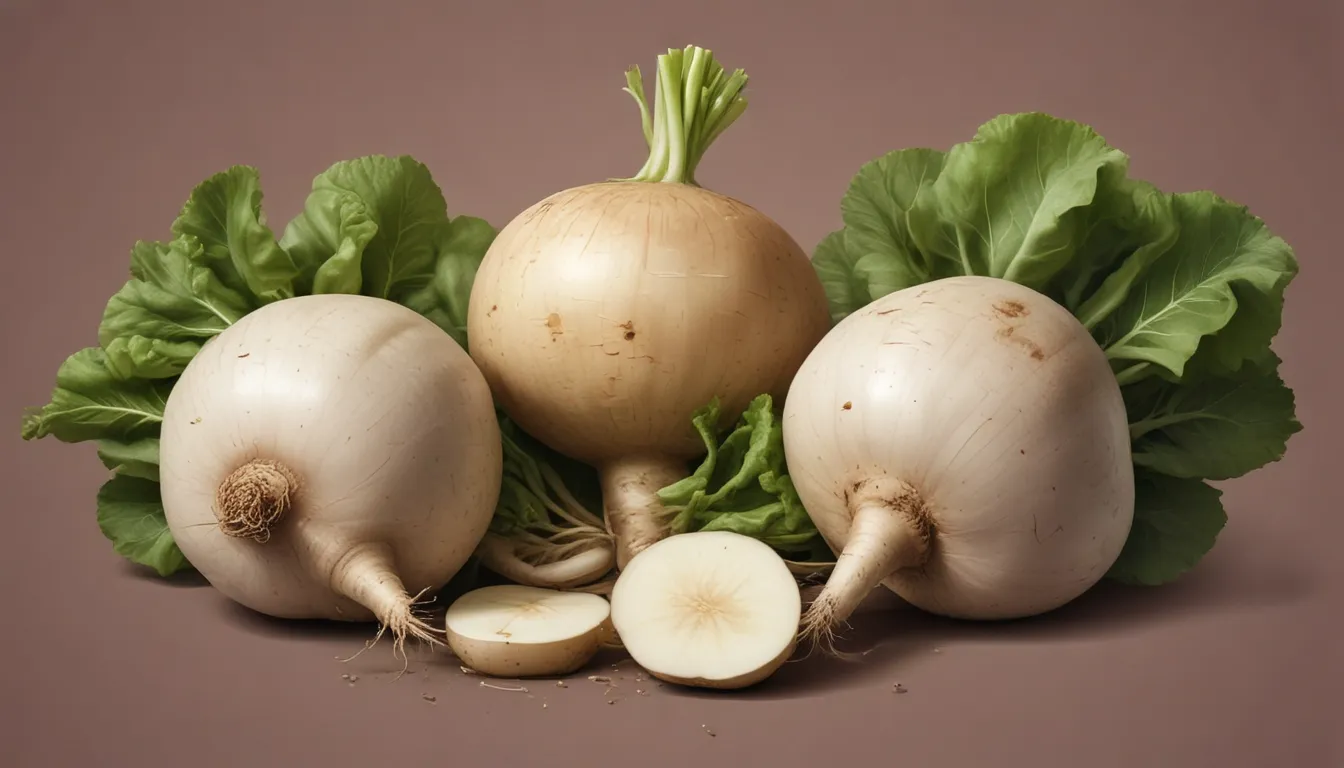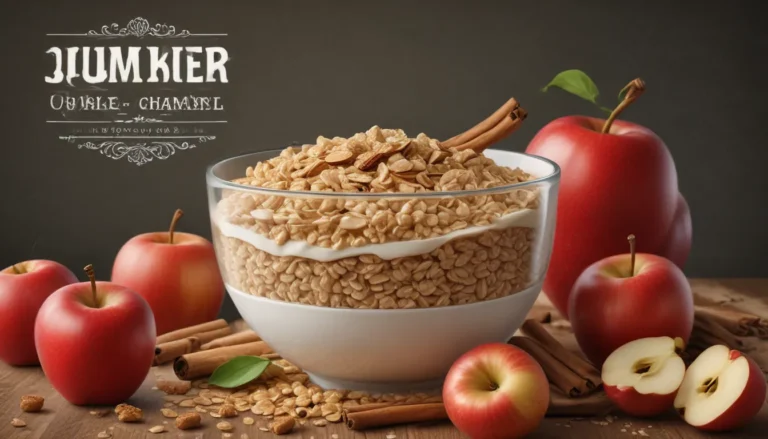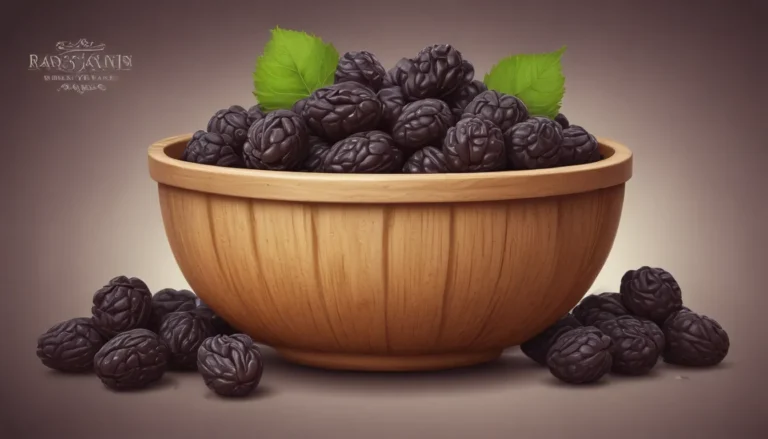The pictures in our articles might not always show exactly what the text is talking about. We use these images to make the article more interesting and eye-catching. They are there to add to the text, but not to replace it or show every detail.
Are you familiar with turnips? These versatile and nutritious vegetables have been a kitchen staple for centuries, offering a unique flavor and a myriad of health benefits. Whether you enjoy them roasted, mashed, or sautéed, turnips can elevate any dish with their delicious twist.
Unveiling the Culinary Delights of Turnips
- Root Vegetables: Turnips belong to the Brassicaceae family, alongside broccoli, cabbage, and radishes, known for their small taproot and edible bulb exhibiting colors ranging from white to yellow to purple.
- Rich History: Dating back over 4,000 years, turnips were first cultivated in ancient Persia and spread across Europe and Asia, holding cultural significance and celebrated in traditional dishes and festivals globally.
- Nutrient Powerhouses: Packed with essential nutrients like Vitamin C, Vitamin K, fiber, and potassium, turnips also provide antioxidants to boost the immune system.
The Versatile Nature of Turnips
- Eating Options: Turnips offer versatility in consumption, whether raw in salads, pickled, roasted, boiled, or used in stews, resulting in a spectrum of taste and texture experiences.
- Distinct Flavor: Characterized by a slightly sweet and tangy taste with a mild bitterness, turnips' flavor may vary based on the variety and cooking method employed.
- Hybrid Varieties: To enhance specific traits like color, shape, and flavor, hybrid turnip varieties have been bred over time, extending culinary possibilities.
- Edible Greens: Do not discard turnip greens, as they are not only edible but also rich in vitamins A, C, and K, calcium, and iron, suitable for cooking or adding to soups and stir-fries.
Health Benefits and Storage Tips
- Medicinal Properties: Utilized in traditional medicine for centuries, turnips are said to possess diuretic properties, aid digestion, and potentially reduce the risk of certain diseases.
- Long Shelf Life: When stored in cool, dry conditions, turnips can last for several months, making them a convenient option for extended storage and winter consumption.
- Blood Sugar Control: With high fiber content and a low glycemic index, turnips help regulate blood sugar levels, offering an alternative to high-glycemic foods.
Exploring the World of Turnips Further
- Culinary Applications: From soups and salads to main courses, turnips can be incorporated into a wide array of recipes, allowing for mashing, pureeing, or even substituting potatoes in certain dishes.
- Ideal Crop: Thriving in various climates, turnips showcase adaptability to cold temperatures, making them an ideal crop for cooler regions and an accessible vegetable for diverse locations.
- Low-Calorie Option: With low calorie content and high fiber, turnips serve as a satisfying addition to a balanced diet, supporting health and wellness goals.
- Cultural Significance: Embracing cultural significance in different regions, turnips symbolize themes like good luck, prosperity, and fertility, enriching culinary experiences worldwide.
Elevate Your Culinary Journey with Turnips
Exploring the world of turnips offers a delightful blend of nutrition, history, and cultural significance, enriching your culinary repertoire. Whether you savor them roasted, mashed, or infused in a stew, turnips bring a unique flavor and texture to your meals. So, the next time you visit the market, remember to pick up fresh turnips and embark on a culinary adventure filled with delicious possibilities.
Frequently Asked Questions
- How should I store turnips?
- Turnips can be stored in the refrigerator for up to a week, with the leafy greens removed, stored separately, and the turnips placed in a plastic bag or container.
- Are turnip greens edible?
- Absolutely! Turnip greens are not only edible but also highly nutritious, perfect for sautéing, adding to soups or stews, or incorporating into salads.
- Do turnips offer essential vitamins and minerals?
- Yes, turnips are rich in vitamins C, K, and E, along with folate, calcium, and potassium, contributing significantly to a balanced diet.
- How can I include turnips in my meals?
- Turnips can be enjoyed roasted as a side dish, mashed as a potato alternative, or added to soups, stews, and stir-fries, enhancing culinary diversity.
- Are turnips low in calories?
- Yes, turnips boast relatively low calorie content, with one cup of cooked turnips containing approximately 55 calories, making them a beneficial addition to various diets.
Embark on a culinary journey with turnips, exploring their rich history, nutritional benefits, and endless culinary possibilities. Dive into the world of lesser-known vegetables like kohlrabi to broaden your culinary horizons, infusing your dishes with creativity and flavor. Uncover the hidden treasures of uncommon vegetables and elevate your cooking experience with each new discovery. Embrace the diverse world of vegetables and enhance your meals with the vibrant flavors and nutritional benefits they bring to the table.






